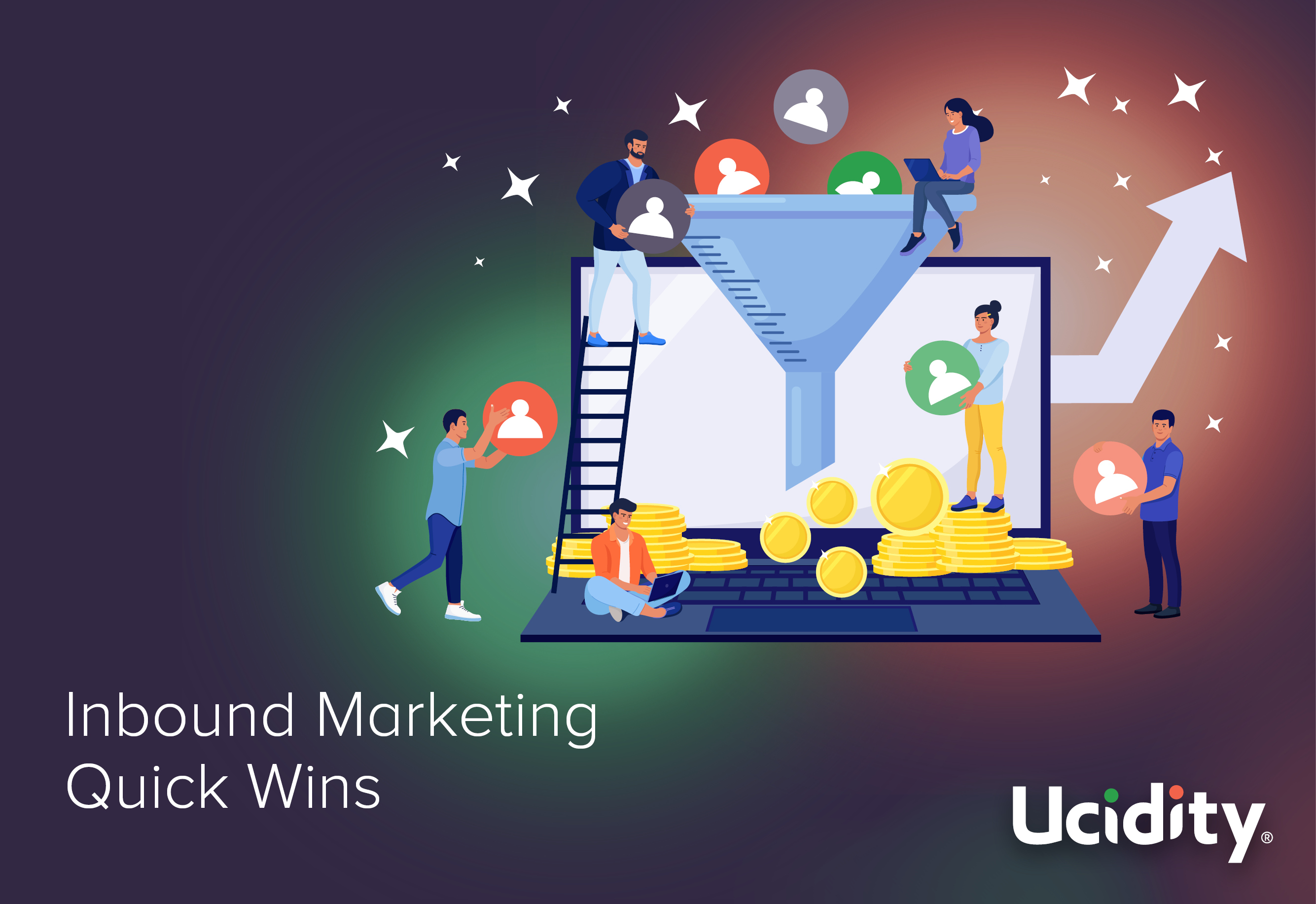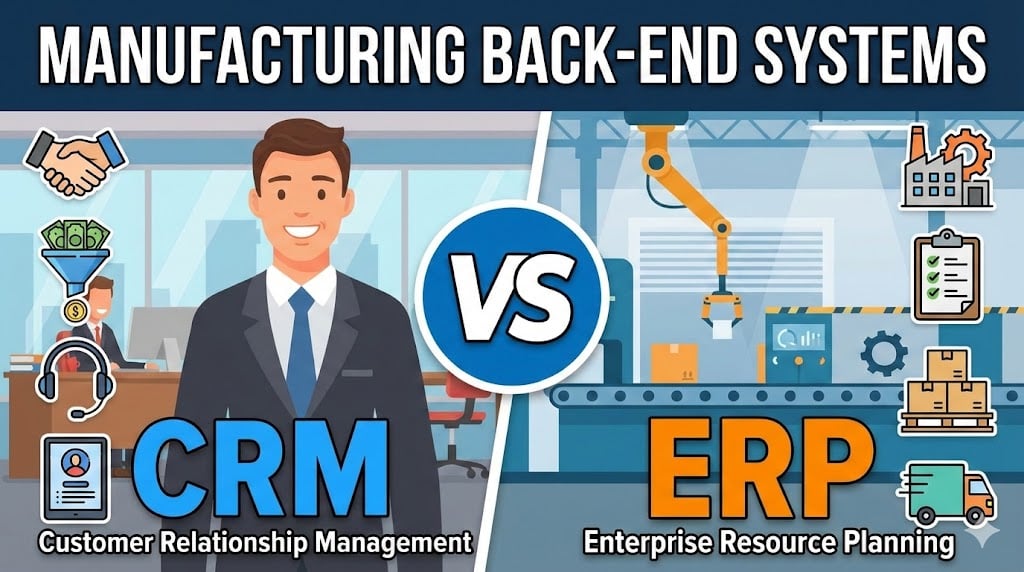
Content Marketing,Content Marketing | 7 min read
Customer Relationship Management (CRM) Integration connects a company's CRM software with other business systems to enhance customer engagement, automate workflows, and streamline business processes. Integrations enable businesses to comprehensively view customer interactions and facilitate data sharing across different platforms, including sales, marketing, customer service, and accounting.
By integrating CRM with other systems, businesses can improve efficiency, enhance communication, and provide better customer service. In today's highly competitive business environment, CRM Integrations have become increasingly important for companies looking to stay ahead of the curve and deliver a seamless customer experience.
As businesses grow, they often use multiple systems and applications to manage their operations, which can lead to silos of customer data that are difficult to access and manage. This is where CRM integration comes into play, enabling businesses to connect their CRM system with other software applications and tools to streamline workflows and improve data accuracy.
In this blog, we will explore the importance of CRM integration and how it can benefit businesses of all sizes. We will also discuss the various CRM integrations available and provide tips for successful implementation. So, whether you are a small business owner or a large enterprise, learn how CRM integration can help you build stronger relationships with your customers and grow your business.

Integrations Available
API
Businesses can leverage various CRM integrations to streamline workflows and improve data accuracy. The first type of CRM integration is application programming interface (API) integration. APIs are software tools that enable different applications to communicate with each other.
Application Programming Interface, which is a set of protocols, tools, and functions used to build software applications. API enables software applications to communicate with each other, allowing them to share data and functionality. Regarding CRM integration, API is vital because it enables different systems and applications to communicate with the CRM system and share data seamlessly.
Through API, data from different systems can be pulled into the CRM system, allowing businesses to create a central repository of customer data. This data can be used to streamline workflows, improve data accuracy, and gain insights into customer behaviour. Overall, API is a powerful tool that enables businesses to integrate different systems and applications with their CRM system and create a more connected and efficient environment.
With API integration, businesses can connect their CRM system with other software applications such as marketing automation tools, accounting software, and e-commerce platforms. This enables data to flow seamlessly between different systems, reducing the risk of data duplication and errors. The API integration can also automate tasks such as lead generation and data entry, freeing time for sales teams to focus on more strategic activities.
Social Media
Another type of CRM integration is social media integration. With social media integration, businesses can monitor social media channels for mentions of their brand and respond to customer inquiries in real time. This can improve customer satisfaction and help businesses build stronger customer relationships. For most users, integrating their social media into their CRM allows them to post to multiple platforms and schedule posts ahead of time.
Social media integration can also provide valuable insights into customer behaviour and preferences, which can be used to inform marketing strategies and improve the customer experience. Additionally, social media integration can help businesses to track the effectiveness of their social media campaigns and adjust their strategies accordingly.
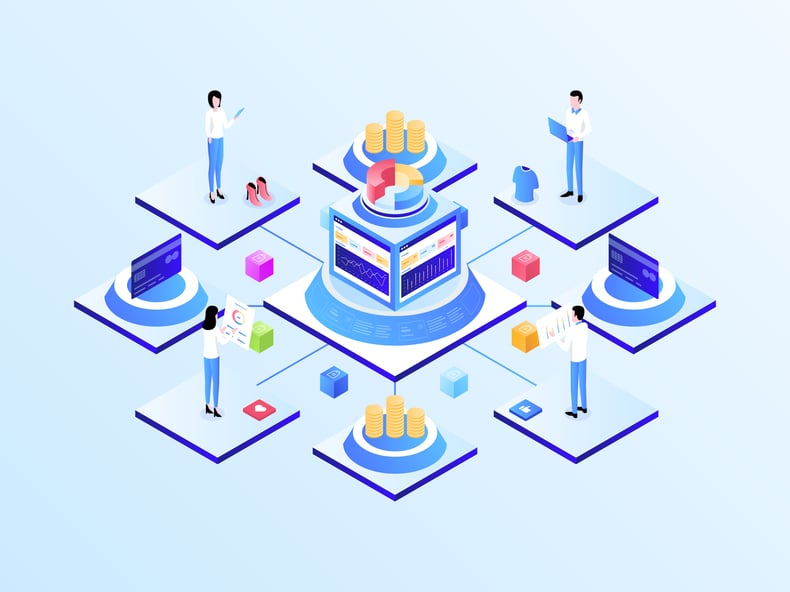
Social media is an integral part of modern-day marketing strategies. Integrating social media with your CRM system can help you improve your customer engagement and increase your business's overall productivity. Integrating your social media platforms with your CRM system allows you to access all customer data in one place, including interactions.
This data can help you better understand your customer's behaviour, preferences, and pain points, allowing you to create more targeted and personalised marketing campaigns. Social media CRM integration enables businesses to provide faster and more effective customer service by responding to real-time customer inquiries and feedback.
E-Commerce Platforms
E-commerce platforms and Customer Relationship Management (CRM) systems are two crucial components of any successful business in today's digital age. While e-commerce platforms allow businesses to sell their products or services online, CRM systems help companies manage their interactions with customers and clients stored in their E-commerce platforms.
With the rise of e-commerce platforms, integrating these platforms with CRM software has become essential to optimise customer engagement and sales.
E-commerce platforms generate vast customer data, such as purchase history, browsing behaviour, and preferences. Integrating this data into a CRM system can help businesses better understand their customer's needs and provide a personalised experience to each customer.
Integrating an e-commerce platform with a CRM system can bring numerous benefits to a business. One of the most significant advantages is that it can help businesses better understand their customers. Integrating customer data from e-commerce platforms into a CRM system, businesses can get a comprehensive view of each customer's interactions with their brand, including their purchase history, preferences, and behaviour patterns.
With the integration of your CRM and E-commerce platform, you're sure to have a greater chance of operating smoothly, with less information falling off the cracks. It can help businesses personalise marketing efforts, create targeted campaigns, and offer more personalised customer experiences. With a more comprehensive view of their customers, businesses can also identify opportunities to upsell or cross-sell products, leading to increased revenue and customer loyalty.
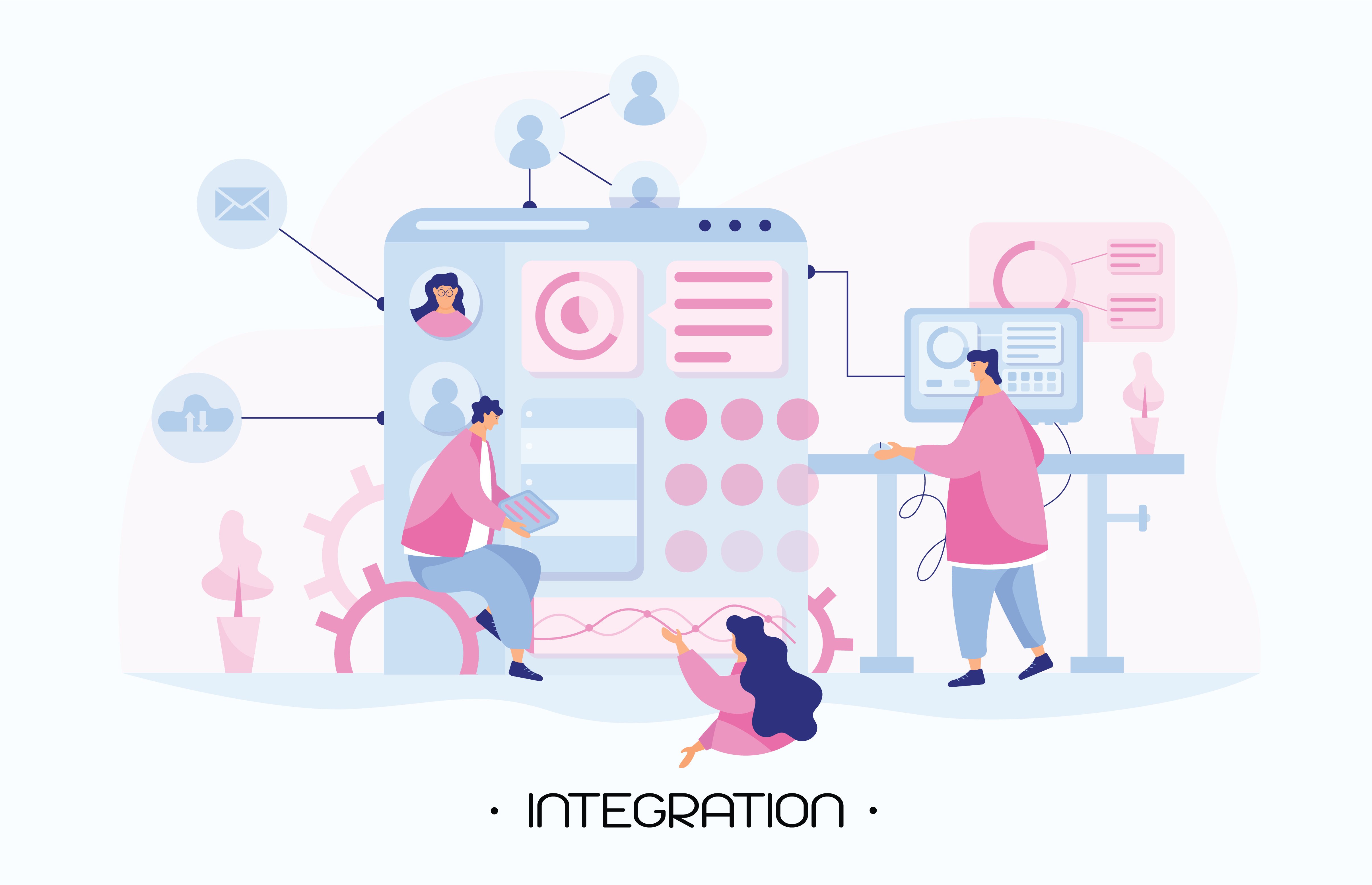
Website
Website integration lets businesses capture visitors' data, including contact information, browsing behaviour, and purchase history. This information can be used to segment customers and personalise their experience with targeted marketing campaigns. Businesses can capture customer data, including contact information, browsing behaviour, and purchase history. This data can be used to segment customers and provide personalised experiences through targeted marketing campaigns.
Website CRM integration can also improve lead generation and customer conversion rates. Businesses can identify potential customers and nurture them through the sales funnel by capturing website visitor data. This process can be automated through marketing automation software, which integrates with the CRM system, ensuring that leads are effectively engaged and converted into customers.
This step is crucial for businesses looking to streamline their operations and enhance customer engagement. By capturing and analysing customer data from the website, businesses can provide a personalised experience to customers, increase lead generation, and improve conversion rates. With the right CRM integration strategy, businesses can improve their bottom line and build long-term customer relationships.
Marketing
Integrating your Marketing tools and platforms to your CRM means that you can automate marketing campaigns, lead nurturing, and customer engagement. Businesses can streamline their marketing efforts and deliver personalised content based on their behaviour to customers.
Here are some reasons you should integrate your marketing into your CRM:
- Better Customer Segmentation: Integrating marketing with CRM software enables businesses to segment customers based on their interests, preferences, and behaviour. This data can be used to personalise marketing campaigns and deliver targeted messages to each customer segment, increasing the chances of engagement and conversion.
- Improved Lead Nurturing: CRM software enables businesses to track customer interactions across multiple channels, including email, social media, and phone. Integrating marketing efforts with CRM software allows businesses to automate lead nurturing campaigns, sending relevant content to potential customers based on their behaviour and preferences.
- Enhanced Marketing Analytics: Businesses can track and analyse marketing campaign performance and customer behaviour by integrating marketing efforts with CRM software. This data can be used to optimise marketing efforts and identify opportunities for improvement.
- Increased Sales: By integrating marketing with your CRM, your business can provide personalised experiences to customers, leading to increased engagement and higher conversion rates. This can lead to increased sales and improved revenue for the business.
Do you need more information on what CRM might be best for your business? Contact Ucidity and discover how you can turn your current obstacles into opportunities by using a CRM!

Stability and Support
Finally, an important thing to consider when choosing a CRM for your business is its stability and support system. This is the point where you could greatly rely on reviews and customer testimonials. It might also help if you schedule a demo with the CRM company so you can assess its professionalism by how it deals with its potential customers.
Some questions are:
- How long has it been in the CRM business?
- What/who are its clients?
- Do they have clients similar to your business?
- Do they have a robust knowledge base?
- Do they have an on-call support team that actually “supports”?
Additionally, an established CRM may have a more extensive user base, providing more opportunities for integration and support. By selecting a CRM that has been in the business for a long time, you can leverage the system's experience and expertise, helping to ensure that your team has access to a system that has been proven to deliver results for businesses like yours.
HubSpot has been in the business for a significant amount of time with a large client base, a responsive support system and a knowledge base full of blogs and helpful content.
Final thought:
Before considering the above items, you need to find out first if you need a CRM or ERP. Evaluate your business needs first, then if you genuinely need a CRM, result in the above consideration before making a decision. Contact Ucidity for CRM solutions that suit your business size and needs!
Getting over a bad experience is not easy, especially if it involves a large amount of money that went down the drain.
Work with us and allow us to give you a different experience. We are best at sales, lead generation, managed marketing services, and outbound calling.
We'd happily talk to you and help you trust marketing agencies again!
Published on March 21, 2023


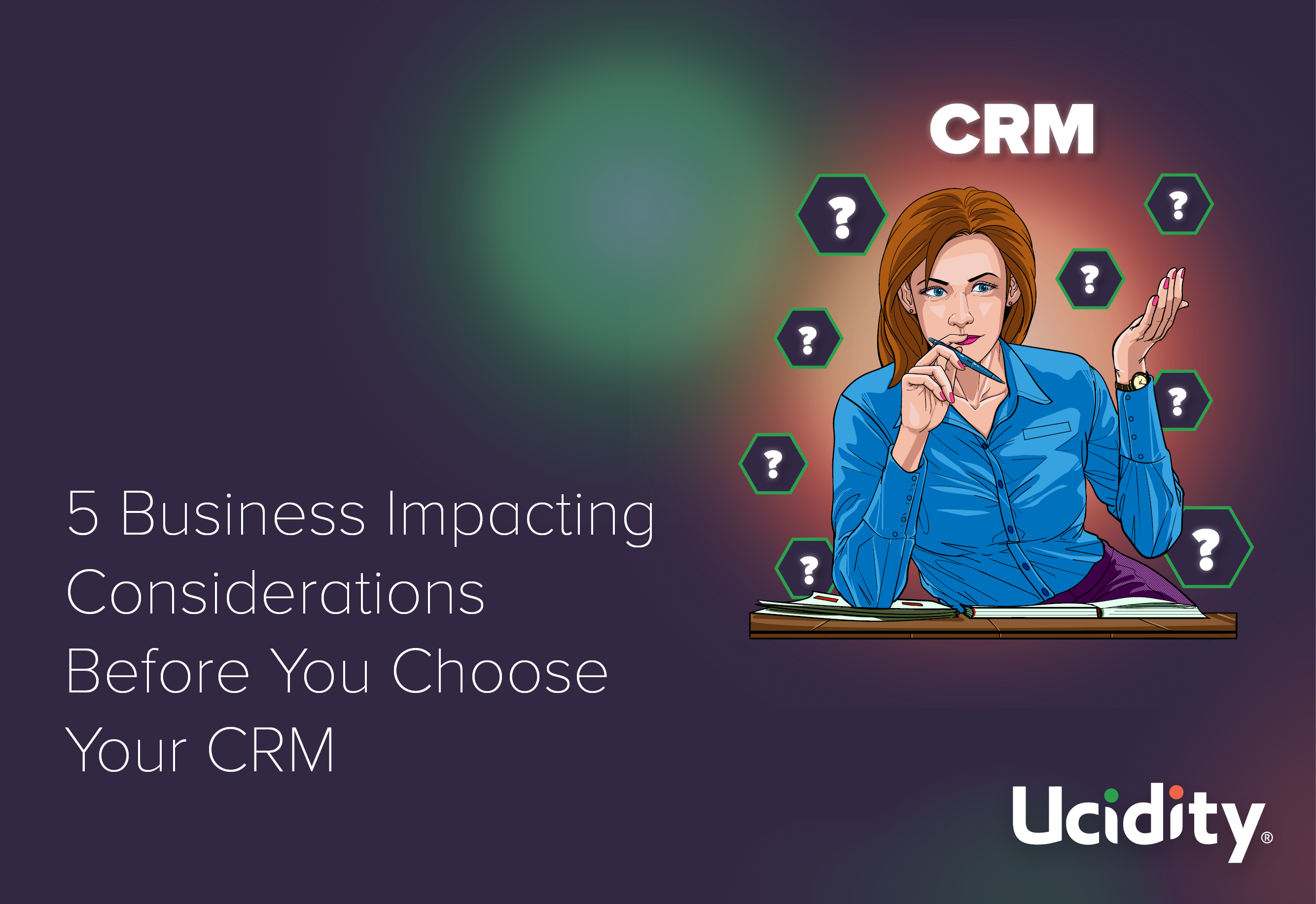
.jpg)
